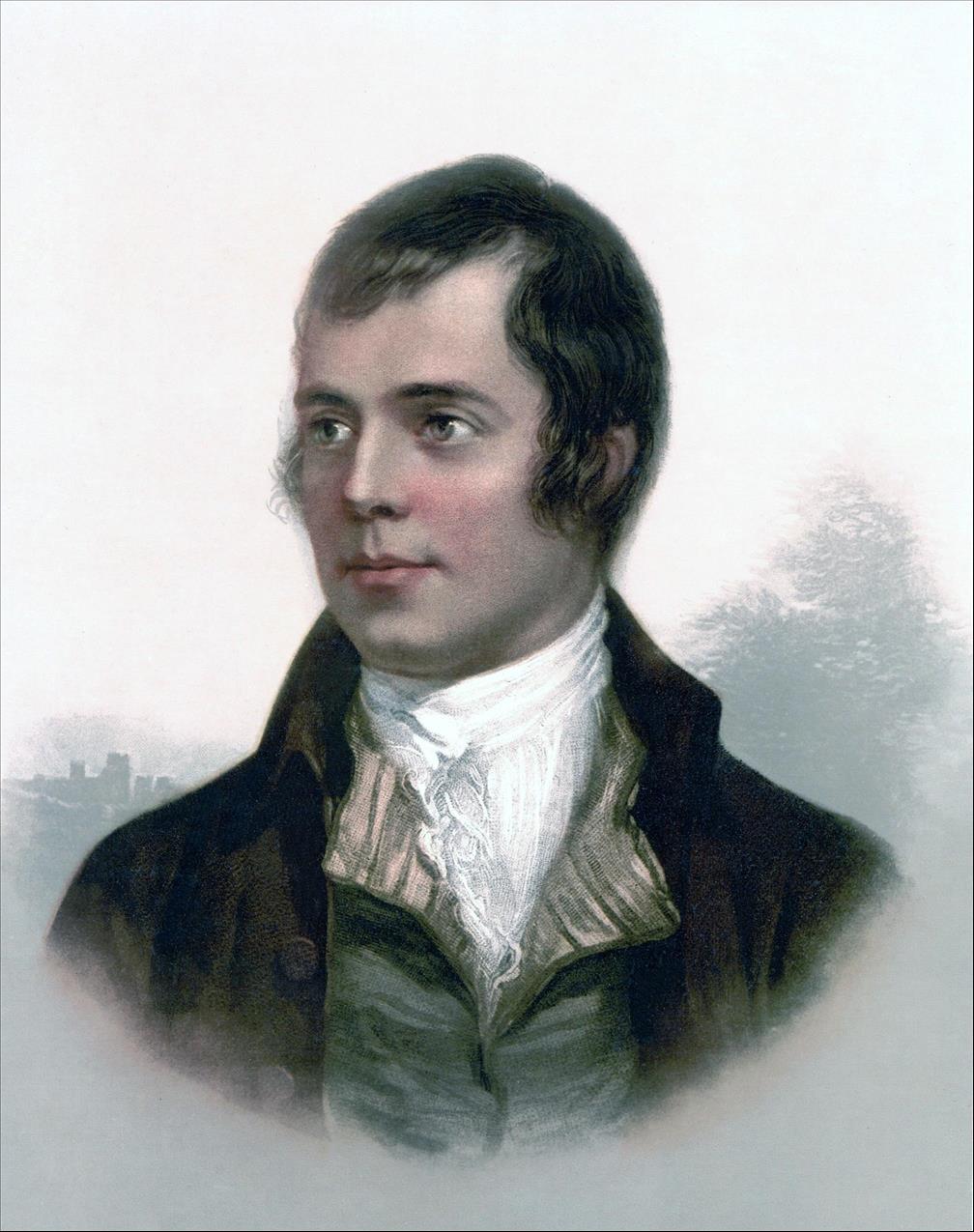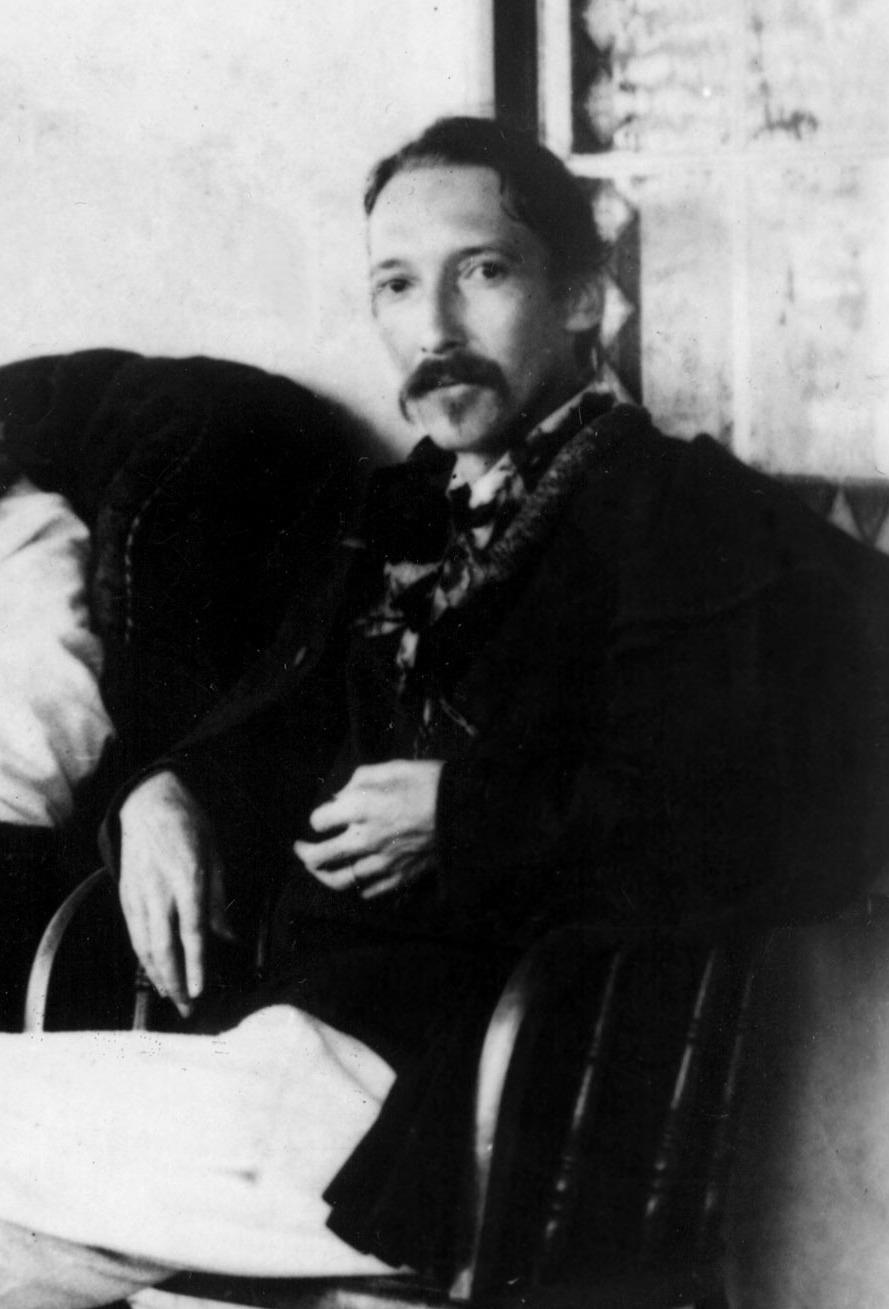(MENAFN- The Conversation) James Hogg defied categorisation. A prolific poet, songwriter, playwright, novelist, short story writer and parodist, he wrote with equal skill in Scots and English. Labelled as the Ettrick Shepherd, the former Borders farmhand, whose life spanned the 18th and 19th centuries, befriended many of the great writers of his day, including Walter Scott , John Galt and Allan Cunningham .
Even though he was celebrated off and on in his own lifetime, some details of the author's life remain unclear. Records place his baptism on December 9, 1770. But Hogg long believed he was born in 1772, on January 25 – Burns' Night no less. This complicates attempts to commemorate his 250th birthday, unless we embrace his fantastical worldview. Fiction mattered to him more than fact. Besides, Hogg's sestercentennial will inevitably be overshadowed by Scott's own such celebration on August 15, 2021.
Despite lacking in formal education, Hogg never lacked in confidence. The Poetic Mirror, or The Living Bards of Britain (1816) purports to be a collection of the leading poets of the age (Hogg included). But actually Hogg, the editor, fabricated the works under the guise of big-name writers. There are moody romances after Byron, mystical musings in the style of Coleridge and ponderous poems for Wordsworth.

Best work. Canongate , Author provided Aside from mimicking medleys, Hogg's own body of work is made up of mountains of bits and pieces – and must be enjoyed on those terms. Seeking conclusions or definitive statements will only frustrate. Tales can drift off into fragments of poetry both familiar and new. Within stories he flips perspectives with little warning.
Presented as a found document, Hogg's best work, The Private Memoirs and Confessions of a Justified Sinner (1824) is deliberately left with holes. Dark, humorous, violent, sweet, light, weird, wild, celebratory and cruel, the book has many tones, often all at once.
Hogg was 53 years old when he created his finest and most unsettling work. Drawing on a large box of tricks carefully cultivated over a long if chequered career, he infused Calvinist doctrine with a brooding gothic mood. A mysterious shapeshifting figure, Gil-Martin, goads the fanatical Robert Wringhim into taking extreme measures against the local sinners. Is Gil-Martin a manifestation of madness or the devil himself? Where does evil come from? Denounced by hostile critics at the time as anti-religious, nowhere in literature is the divided self so tantalisingly imagined.
It's not enough to call Hogg an experimental writer ahead of his time or a genre hopper who challenged the conventions of his day. And he was much more than a born storyteller. Hogg favoured word for this type of art was 'intermixing'. He was Scotland's great intermixer. In hindsight, the Borders bard seemed destined for the make-believe world of literature.
Fairytales and family
Hogg's mother, Margaret Laidlaw, was an important collector of Scottish ballads and a canny taleteller. His maternal grandfather, known as Will o' Phawhope, was said to have been the last man in Selkirkshire to speak with fairies. Fairytale figures certainly fill Hogg's most imaginative stories, most notably in his first collection of prose fiction, The Brownie of Bodsbeck and Other Tales (1818).
Burns was an early influence on Hogg, who considered himself to be the rightful heir to the Bard of Ayrshire and published his own collection less than four years after his idol's death. Long before then, the locals dubbed him Jamie the Poeter, and he wrote countless songs for local girls to sing.

Robert Burns inspired James Hogg. Shutterstock After writing a popular patriotic song, 'Donald Macdonald', in 1803, Hogg was recruited to collect ballads for Scott's Minstrelsy of the Scottish Border . He also undertook extensive tours of the Highlands with a view to securing his own farm, but became more interested in the songs he heard along the way.
By 1819, he was recognised as a leading expert on Scottish ballads when the Highland Society of London commissioned him to produce the Jacobite Relics of Scotland , which became the benchmark of Scottish anthologies for many more decades.
He endured many failures on the way. In 1810, at the age of 40, Hogg moved to Edinburgh to settle into the life of a full-time writer. Within a year of starting it, his magazine The Spy folded. Readers weren't ready for a publication that covered shocking themes such as extramarital sex.
Hogg spent the next few years scribbling more poetry and prose, and in 1817 he helped William Blackwood establish Scotland's most influential literary periodical, the Edinburgh Monthly Magazine (later, Blackwood's Magazine). In time, displaced by punchy younger contributors, Hogg eventually became a figure of fun in the same periodical. But he kept writing and writing. Winter Evening Tales (1820), produced in the middle period of his life, is especially rewarding.
Hogg's literary afterlife
A collected edition of works was published shortly after Hogg's death in 1835, but the publishers pruned the more indelicate (and inventive) passages, and even entire texts. The great forgetting of Hogg set in.

Hogg's most famous work preempted Robert Louis Stevenson's classic Jekyll and Hyde. Shutterstock This only began to change in the mid-20th century, when the French writer André Gide championed Justified Sinner in an enthusiastic introduction to a 1947 edition, describing himself as being 'voluptuously tormented' by the book.
Only in 1995, when the colossal Stirling–South Carolina Research Edition of the collected works began to appear, would the wider body of Hogg's works be publicly available in the form they deserved. In recent years, Scottish novelists such as Irvine Welsh and the playwright Marty Ross have proclaimed the importance of Hogg's fantastical imagination for their own thinking. Before that, Justified Sinner also pre-empted that other great Scottish gothic masterpiece of the divided self, The Strange Case of Dr Jekyll and Mr Hyde by Robert Louis Stevenson .
The University of Dundee recently produced a free online edition of The Private Memoirs and Confessions of a Justified Sinner, which includes explanatory notes and copies of the earliest reviews. Scotland's great intermixer awaits new readers.
MENAFN19022021000199003603ID1101629195
Legal Disclaimer:
MENAFN provides the information “as is” without warranty of any kind. We do not accept any responsibility or liability for the accuracy, content, images, videos, licenses, completeness, legality, or reliability of the information contained in this article. If you have any complaints or copyright issues related to this article, kindly contact the provider above.